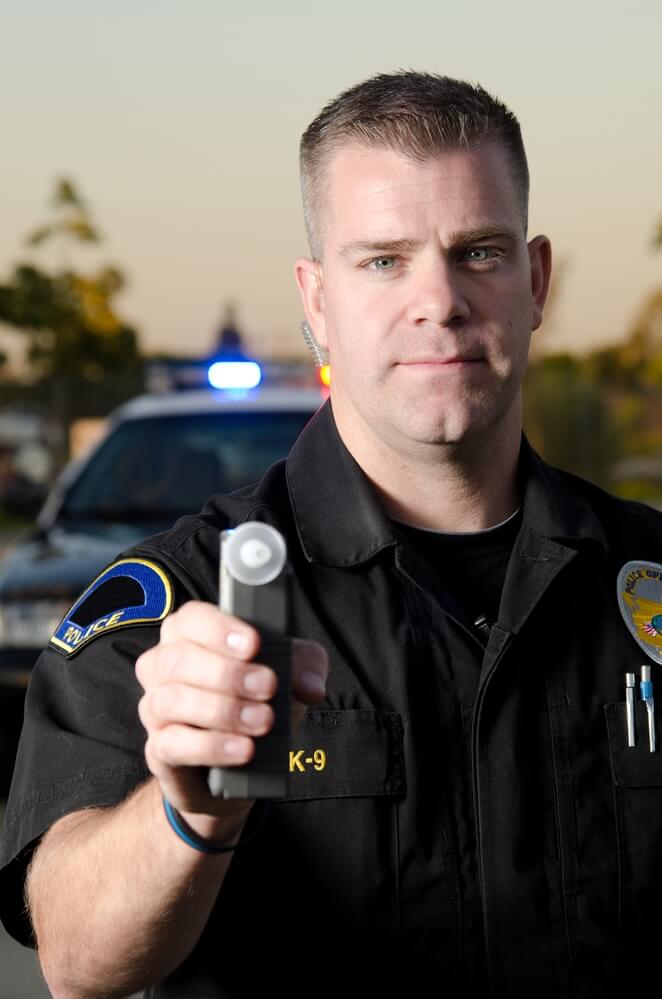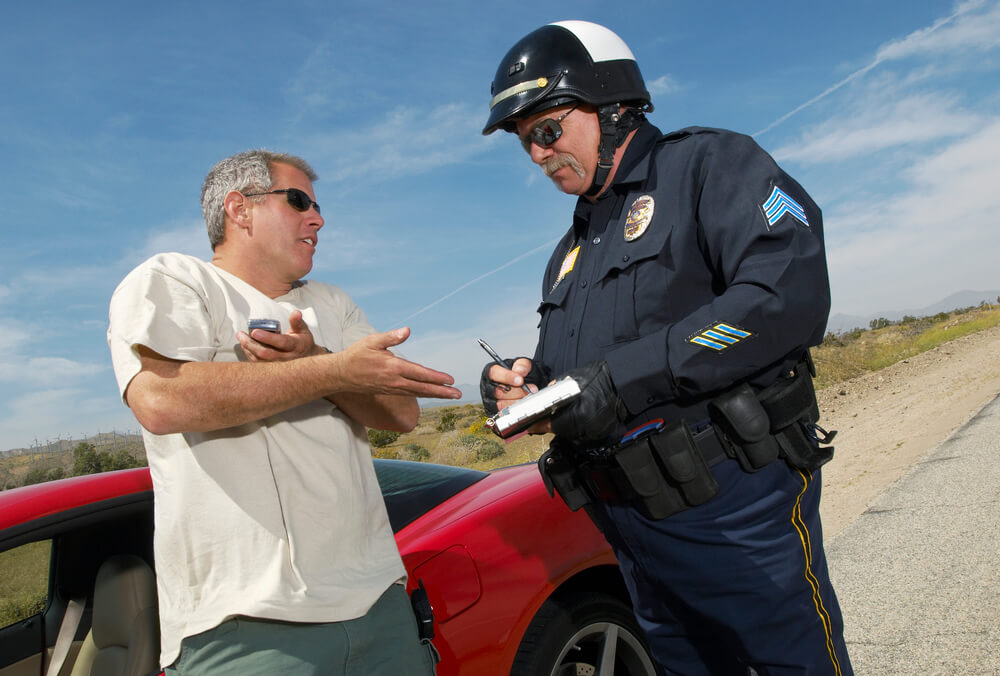
There are many ways a skilled California DUI defense attorney can argue that there was insufficient probable cause to suspect that a person was under the influence of alcohol when driving. One of the ways is if a police officer testifies that he/she smelled alcohol on the suspect’s breath. On cross-examination, it can be stated that alcohol itself has no odor. What the officer may have smelled could have been the flavoring used in beverages including non-alcoholic beverages. Smelling “mouth alcohol” on a person’s breath does not prove that he has been drinking and it certainly does not give an officer reason to suspect that the driver has a BAC over the legal limit.
Another factor that can cause “mouth alcohol” to produce a high reading are prescriptions or over the counter medications that may contain alcohol. Every day medications that contain the highest alcohol contents of alcohol include Vick’s Formula 44 D which contains 20% alcohol, Dristan Ultra Cold, and Cough contains 25%, and Nyquil Night Time, 25%. Taking any of these medications can cause the standard California Breathalyzer used during PAS testing to produce an inaccurate, false reading. source: http://www.sdsuduip.com/medications-containing-alcohol/
Another way for “mouth alcohol” to register a higher reading on a Breathalyzer is burping. Burping causes gas trapped in the stomach to escape into the mouth and that gas can include alcohol. This will cause a higher than accurate Breathalyzer blood alcohol reading.
If you have an existing medical condition and are taking medications, or if you just returned from a dentist and have had certain procedures performed using alcohol-based anesthetics or dental fillings that had traces of alcohol, an inaccurate Breathalyzer BAC could result.
Mouthwash, cough drops, and other lozenges may also contain alcohol, and if used before or during driving, breath testing could cause inaccurate high BAC readings.
If you consented to take the PAS using a Breathalyzer that produced a high reading, the skilled and experienced DUI defense attorneys at our law firm will fight zealously on your behalf. California police are required to inform you that pre-arrest PAS testing is not mandatory and you have the right to refuse to take them.
The California DUI defense attorneys at The Kavinoky Law Firm have been successful in getting false and inaccurate PAS Breathalyzer tests thrown out of court. Police must follow strict procedures in the administration of PAS Breathalyzer testing and the machines themselves must be maintained in accordance with the manufacturer’s suggested recommendations. We are knowledgeable in the science behind the reasons why “mouth alcohol” can produce false, inaccurate BAC results.




